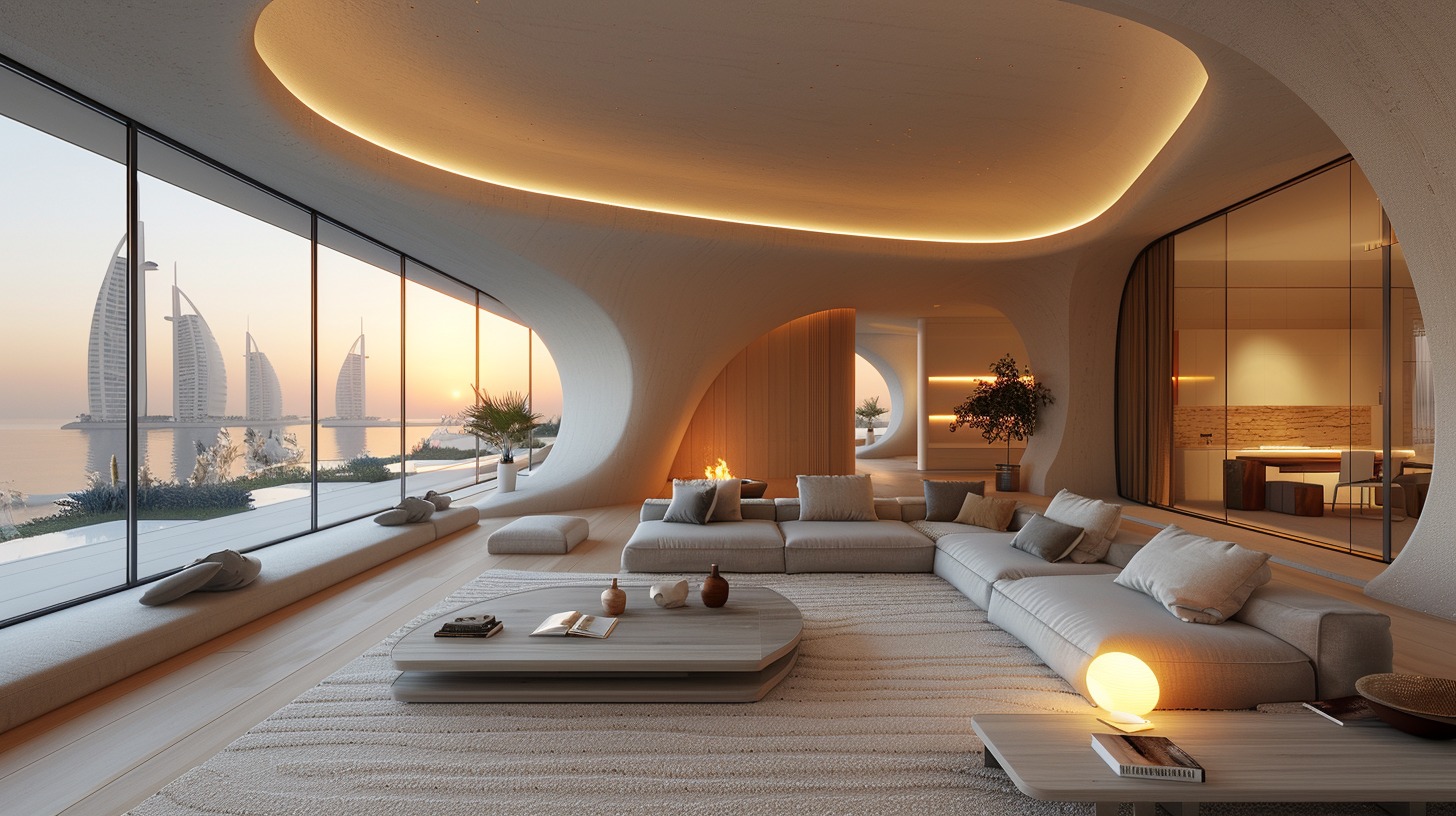The real estate market – widely known for its vibrancy and international allure – is on the cusp of a transformative era propelled by innovation and technology. As Dubai beckons investors, homebuyers, and businesses from across the globe, the property sector is adapting to cater to the growing demands and expectations of a tech-savvy clientele. This technological revolution reshapes the industry, promising a more efficient, transparent, personalized real estate experience. The article explores how the real estate market transforms and evaluates each innovation.
Introduction of Virtual and Augmented Reality
Virtual and augmented reality technologies are revolutionizing the property viewing and marketing landscape. On the one hand, VR transports potential buyers and tenants into immersive 3D environments, allowing individuals to experience properties remotely. For instance, people can virtually find themselves in luxury Naya Nakheel apartments for sale and decide whether to purchase them.
On the other hand, AR blends digital information into real-world views, providing users with valuable insights and context about properties. These technologies enhance the property viewing experience, making it more convenient, informative, and engaging for users.
Sustainability and Eco-Friendly Developments
Sustainability has appeared as a key consideration in the real estate sector in Dubai. Developers embrace eco-friendly practices in their projects, such as installing energy-efficient appliances, incorporating sustainable building materials, and implementing water conservation systems.
These green buildings reduce environmental impact and cater to the growing need of environmentally aware buyers and tenants. As the world becomes aware of the importance of sustainability, green buildings are poised to become the preferred choice in the real estate market in Dubai.

Smart Buildings: Efficiency and Sustainability
Smart buildings equipped with an array of sensors and automation systems are gaining prominence in the real estate landscape in Dubai. Such technologically advanced buildings offer enhanced energy efficiency, provide personalized living experiences, bolster security measures, and provide personalized living experiences.
Smart home systems empower residents with remote control over temperature, lighting, and appliances while building management systems reduce operating costs and optimise energy consumption. As Dubai embraces innovation, smart buildings are becoming the preferred choice for discerning homeowners and tenants, offering a blend of convenience, sustainability, and heightened living standards.
Conclusion
The future of the real estate sector in Dubai is inextricably linked to innovation and technology. Virtual and augmented reality experiences, blockchain applications, smart building systems, and sustainability practices are redefining the industry, paving the way for a more efficient real estate ecosystem.
As the emirate solidifies its position as a global hub for real estate investment and innovation, such technological advancements will undoubtedly play an important role in shaping the future of the property sector. Embracing these innovations will not only enhance the experience for buyers, sellers, and tenants but also donate to the tolerable growth and means of the sector.
